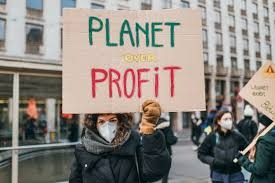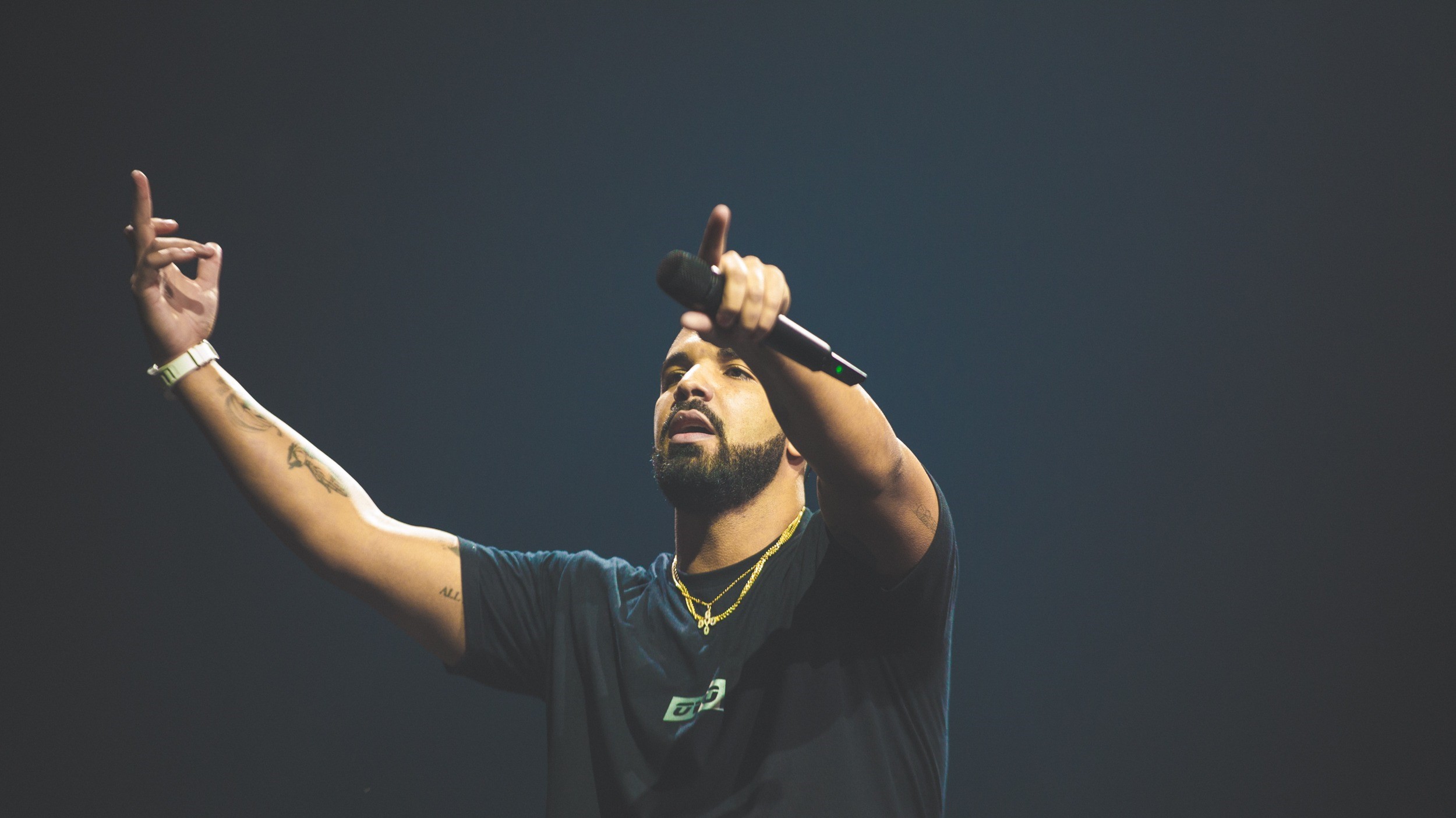Musicians face an unspoken choice: embrace progressive activism or risk career stagnation as industry gatekeepers reshape success metrics. Record deals that once hinged on talent and commercial potential now factor in an artist’s willingness to champion diversity initiatives and social causes.
“It feels like an obligation to be vocal about standing up for human rights right now in this country,” says composer Rona Siddiqui, capturing how activism has evolved from personal choice to professional expectation since 2020. This shift affects emerging artists most acutely, as they navigate an industry where social positioning can determine career trajectory.
The Gatekeeper Game
Major labels use playlist inclusion and award consideration as leverage to encourage ideological alignment.
The big three—Universal, Sony, and Warner—increasingly factor activism into promotion decisions. They wield playlist placement and Grammy consideration like carrots and sticks. The Recording Academy’s recent emphasis on diversity markers over pure musical merit reflects this shift.
Yet USC Annenberg research reveals “a lot of fanfare about supporting women, but little actual change among the most popular songs.” Your streaming recommendations now reflect algorithmic preferences that reward artists who align with prescribed social narratives. This creates an invisible ceiling for those who don’t conform.
Career Consequences
Artists face shelved deals and promotional blackouts when they resist industry pressure for activist participation.
UK Parliament hearings exposed the industry’s punishment playbook:
- Shelved record deals
- Reduced promotional budgets
- Radio silence
- Playlist exile
Country artists feel this pressure acutely. They must adapt their messaging for mainstream crossover potential or accept genre limitations.
The threat of “cancellation” operates as a disciplinary tool more potent than any contractual clause. This creates bifurcated career paths between conformity and independence, forcing artists to choose between artistic authenticity and commercial viability.
The Authenticity Question
Industry rhetoric about representation masks structural inertia in executive ranks and A&R departments.
Organizations like Musicians United for Social Equity champion genuine progress, arguing increased activism corrects historical exclusion. Critics counter that merit-based evaluation suffers when ideological conformity becomes a prerequisite.
The uncomfortable truth lies in the gap between promotional rhetoric and structural change. While artists face pressure to perform activism, executive suites remain largely unchanged in composition and priorities. This disconnect suggests performative progress rather than fundamental transformation, leaving artists caught between authentic expression and career survival.

























